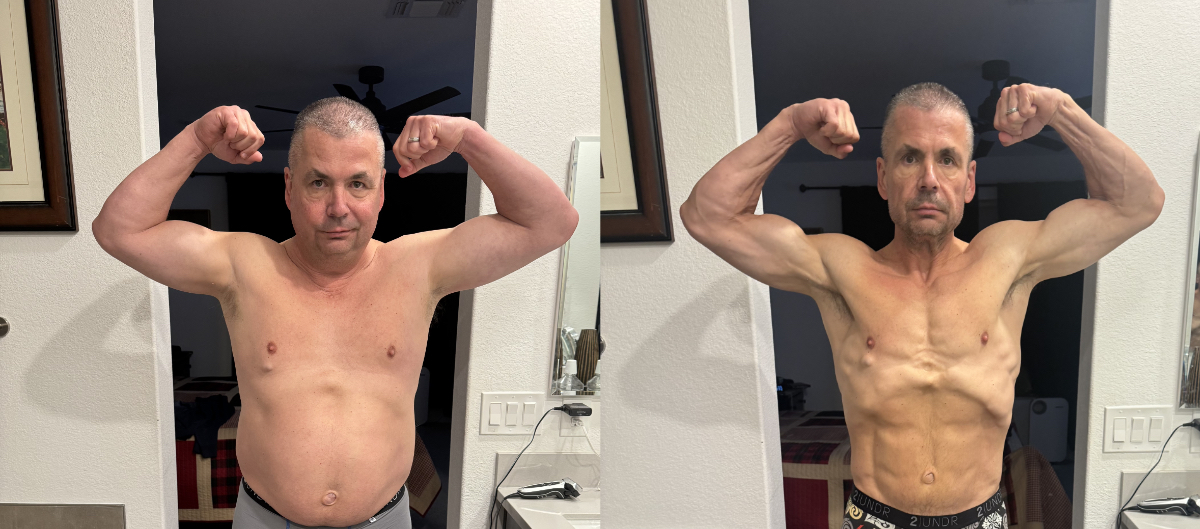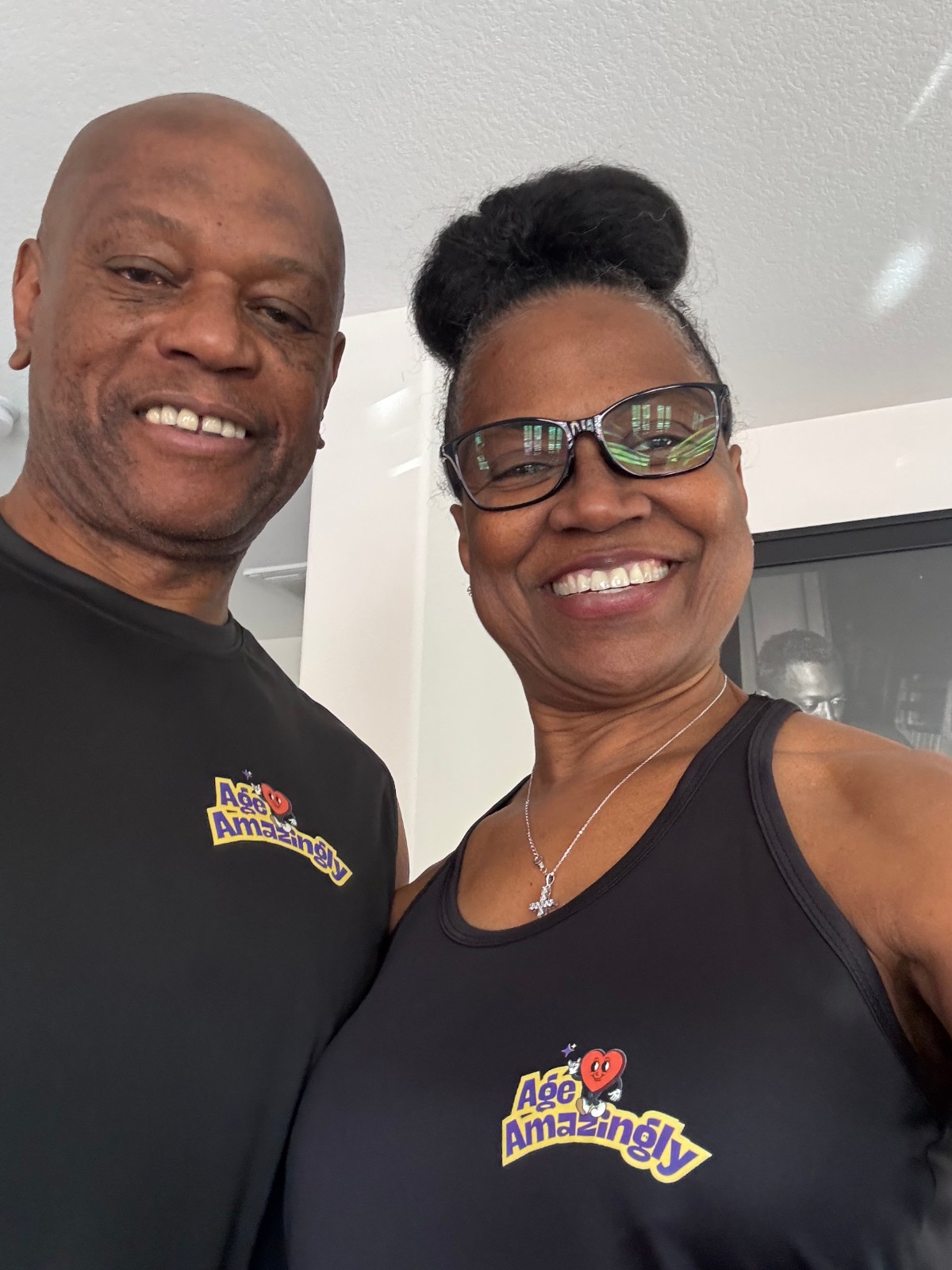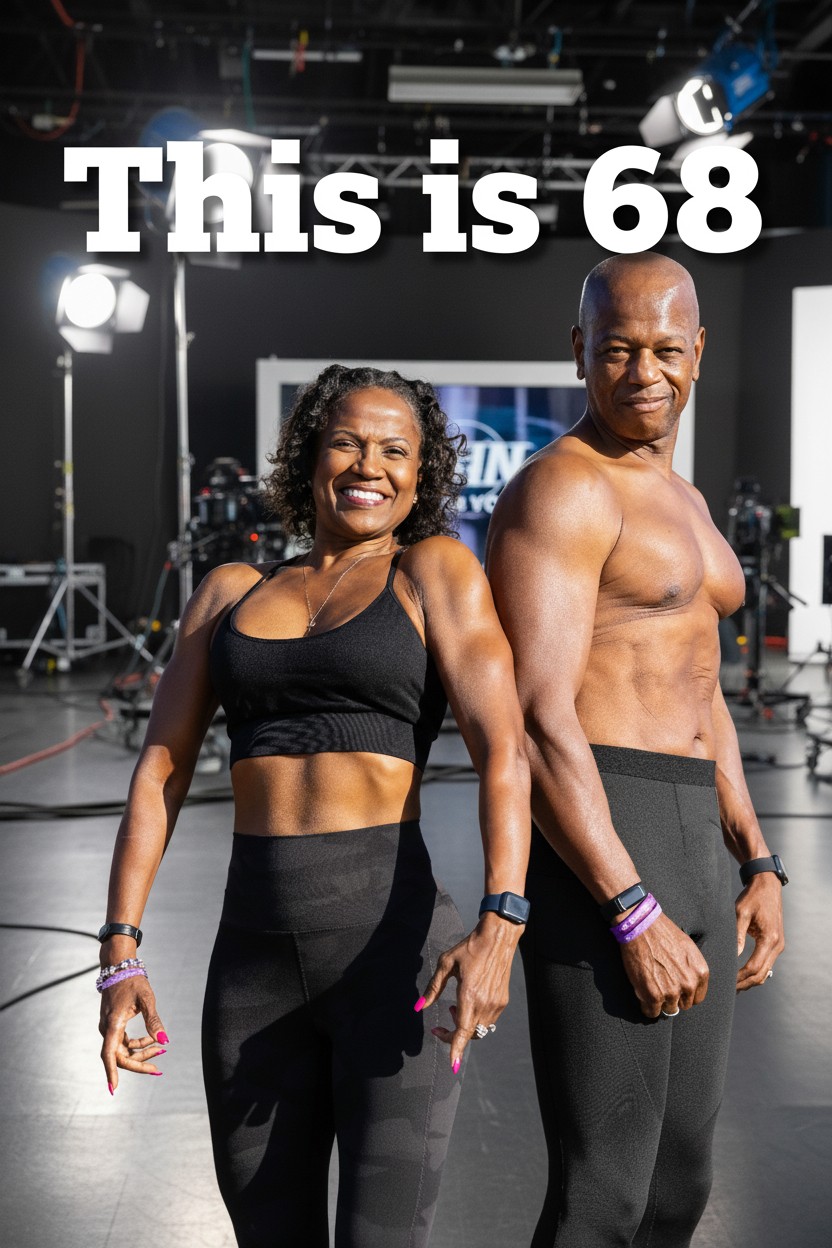We caught up with the brilliant and insightful Greg Coakley a few weeks ago and have shared our conversation below.
Hi Greg, thanks for joining us today. Was there a moment in your career that meaningfully altered your trajectory? If so, we’d love to hear the backstory.
The moment that changed everything happened in 2019. I was backstage at a major arena tour, another day in what had become my normal routine after three decades of preparing artists for the brutal physical demands of concert touring.
The text came through my phone; it was from the daughter of another artist, someone who was a dear friend of mine. “Daddy had a stroke!”
Despite all my work on his fitness and stamina, I could see the toll that decades of neglect had taken on his body. The investments he’d made in his career were paying dividends; sold-out shows and financial security, but his health portfolio was bankrupt.
That’s when it hit me.
I’d spent 30 years treating the symptoms instead of preventing the disease.
I was helping people perform, but I wasn’t teaching them to invest in their long-term health. I was a tactical coach when what people really needed was a strategic advisor. I was helping them cash checks that their bodies couldn’t sustain.
That’s when I realized the pattern I’d been seeing for thirty years. My friend wasn’t an exception; he was the rule. Successful people who were brilliant at managing their careers and finances, but treated their health like an afterthought. They made random deposits, working out when it was convenient, eating well when it was easy, but had no strategy or long-term plan.
That night, sitting alone in that arena hallway, I had a conversation with myself that I now have with every client:
“If you had a financial advisor who told you to just ‘try to save money when you feel like it’ and ‘maybe invest in whatever seems good at the moment,’ would you trust them with your retirement? Then why the hell are you treating your health, your most valuable asset, with less strategy than you’d use to pick stocks?”
The answer was brutal and simple: because nobody had ever thought to look at it that way in terms of health.
That moment spawned two critical decisions:
I went back to school. I wasn’t content being just another fitness guy. I pursued my degree in functional nutrition, got certified in longevity coaching, and completed Harvard’s Executive Education program in nutrition. I needed to understand the science, the strategy, the long game.
I completely reimagined my approach to coaching. I stopped being a trainer and became a health portfolio manager. I stopped focusing on short-term performance and started building long-term health-wealth.
Here’s the wisdom I took from that moment:
People don’t need another workout plan. They need a financial advisor for their health.
They need someone who can review their current health portfolio, assess their risk factors, develop a diversified strategy encompassing nutrition, activity, and recovery, and help them make consistent deposits that will compound over time.
The tragedy is that most people don’t realize they need this until they’ve already declared health bankruptcy when the chronic diseases show up, when the medications pile up, when they can’t do the things they want to do. By then, they’re in recovery mode, not growth mode.
That artist who I considered to be my best friend? He’s still learning to walk and talk six years later. Not because he wanted to, but because his body gave him no choice.
I decided that day that I would never watch someone reach their 60s or 70s and realize they’d spent their whole life preparing for a financial retirement they couldn’t physically enjoy.
That’s why I do what I do. That’s why I’m so direct, so no-nonsense about this.
Because I’ve seen what happens when people don’t take this seriously. I’ve seen talented, successful people trapped in bodies that won’t let them enjoy what they’ve built.
And I’ve also seen, in my own life now at 68, what happens when you treat your health like your most important investment.
The stakes are too high for fluff. The consequences are too real for excuses.
Your health is your 401(k). Start making deposits today, or regret it tomorrow.
That’s not a sales pitch. That’s a promise.
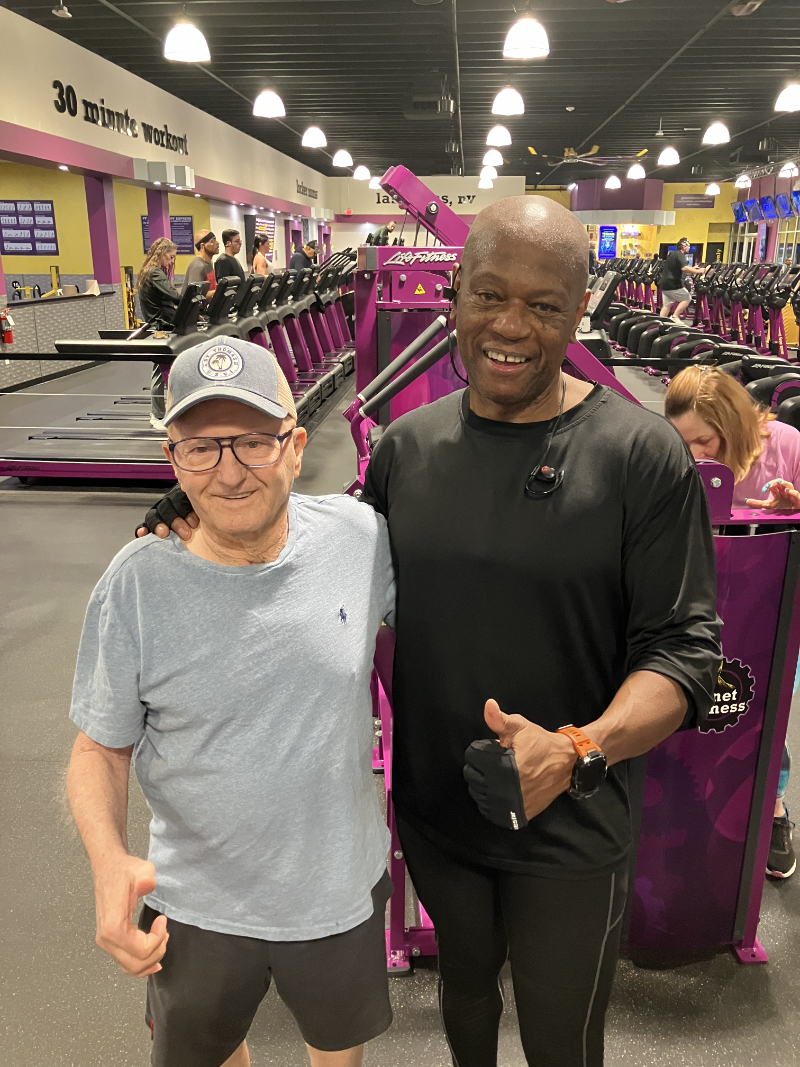
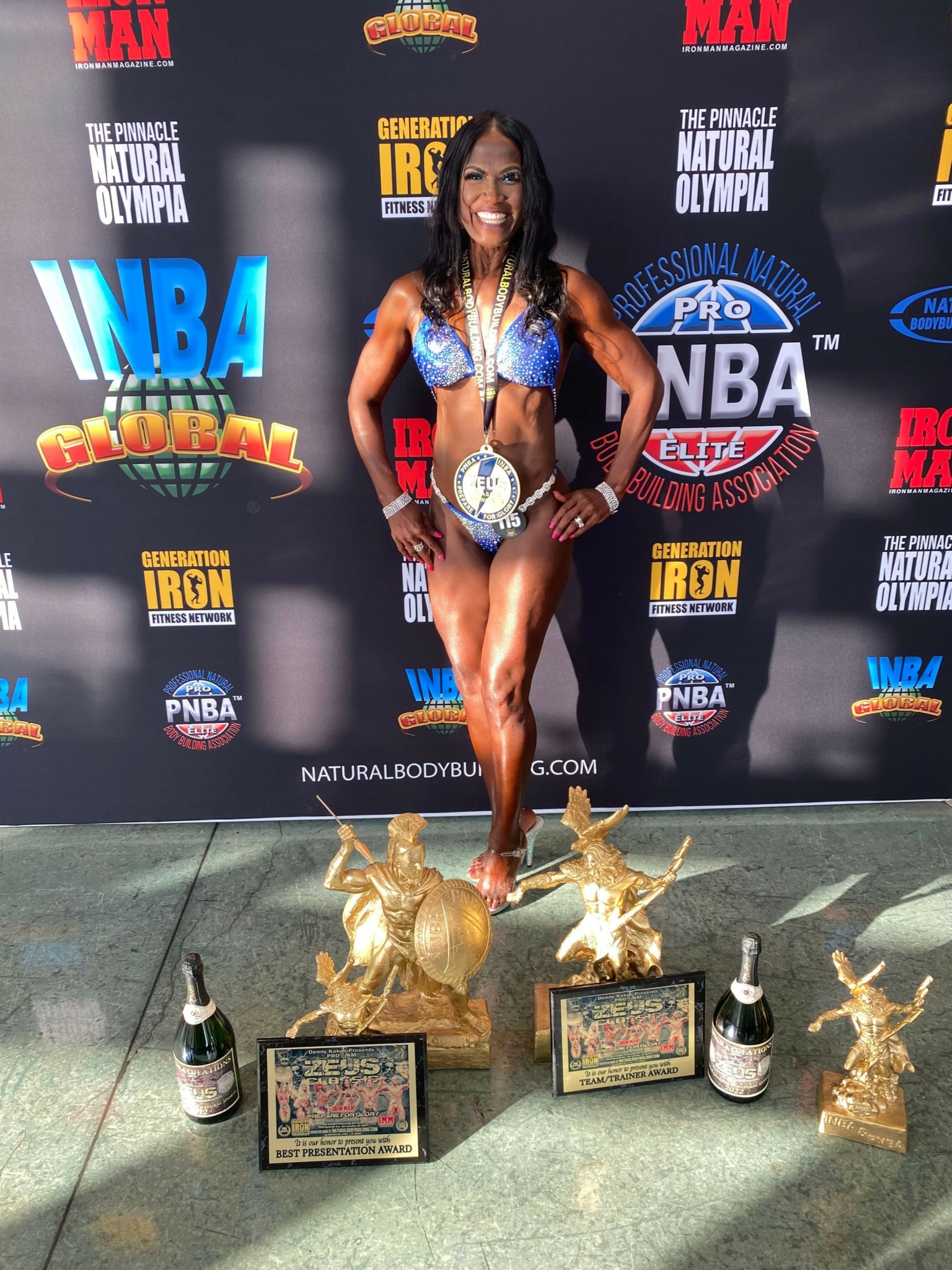
Greg, love having you share your insights with us. Before we ask you more questions, maybe you can take a moment to introduce yourself to our readers who might have missed our earlier conversations?
How I Got Here
My journey into longevity coaching didn’t start in a classroom or a gym; it started backstage at major concert tours. For over 30 years, I worked behind the scenes in the music industry, preparing world-class artists for the brutal physical demands of touring. From building stamina to preventing injuries, I learned what it takes to perform at the highest level under extreme conditions.
But the moment that changed everything happened in 2019. I was backstage at a major arena tour when a text came through from the daughter of another artist, someone who was a dear friend of mine: “Daddy had a stroke!”
Despite all my work on his fitness and stamina, I could see the toll that decades of neglect had taken on his body. The investments he’d made in his career were paying dividends—sold-out shows and financial security—but his health portfolio was bankrupt.
That’s when it hit me: I’d spent 30 years treating the symptoms instead of preventing the disease. I was helping people perform, but I wasn’t teaching them to invest in their long-term well-being. I was a tactical coach when what people really needed was a strategic advisor.
That’s when I realized the pattern I’d been seeing for thirty years. My friend wasn’t an exception; he was the rule. Successful people who were brilliant at managing their careers and finances, but treated their health like an afterthought. They made random deposits—working out when convenient and eating well when it was easy, but had no strategy or long-term plan.
That night, sitting alone in that arena hallway, I asked myself a question I now ask every client: “If you had a financial advisor who told you to just ‘try to save money when you feel like it’ and ‘maybe invest in whatever seems good at the moment,’ would you trust them with your retirement? Then why the hell are you treating your health—your most valuable asset—with less strategy than you’d use to pick stocks?”
The answer was brutal and simple: because nobody had ever thought to look at it that way.
My Transformation
That moment spawned two critical decisions:
First, I went back to school. I pursued my degree in functional nutrition, got certified in longevity coaching, and completed Harvard’s Executive Education program in nutrition. I also earned certifications in Functional Fitness Training, Senior Fitness Training, Heart Rate-Based Exercise Training, and Body Composition Science. I needed to understand the science, the strategy, the long game.
Second, I completely reimagined my approach to coaching. I stopped being a trainer and became a health portfolio manager. I stopped focusing on short-term performance and started building long-term health-wealth.
What I Do and Who I Serve
I specialize in helping adults 45 and older build their “healthspan”, the number of years they live in vibrant, optimal health. My clients are successful, driven individuals who’ve spent decades building their careers and finances, but have often treated their health as an afterthought. They’re approaching or living in their “retirement years” and suddenly realizing that all the money in the world means nothing if their body won’t let them enjoy it.
The Three Pillars Framework
My approach is built on three core pillars:
1. Food (Nutrition): Every meal is an opportunity to deposit nutrients that fuel your cells, reduce inflammation, and protect against disease. No junk bonds in your health portfolio.
2. Activity (Movement): Exercise provides the compound interest of your health portfolio. The more you invest, the greater your returns in strength, mobility, and vitality.
3. Sleep (Recovery): Quality sleep is your essential recovery investment; non-negotiable for physical restoration and cognitive function.
And here’s what most people miss: Mindset is the overarching factor that protects all three pillars. Just as a diversified portfolio protects against market volatility, the right mindset protects against life’s distractions that could derail your health investments.
What Sets Me Apart
Most health coaches offer workout plans and meal prep advice. I offer something fundamentally different: I’m a financial advisor for your health.
I don’t focus on short-term transformations or quick fixes. I build long-term wealth health wealth that compounds over decades. My clients don’t just lose weight or get stronger (though they do). They build resilience against chronic disease, maintain independence as they age, and create the physical capacity to fully enjoy the life they’ve worked so hard to build.
My approach is:
– Evidence-informed: I use functional nutrition, metabolic health science, and performance optimization—not fads or trends
– Data-driven: We track measurable outcomes and adjust strategies based on results
– Brutally honest: No fluff, no excuses, no coddling. Your health is too important for anything less than straight talk
– Long-term focused: We’re building habits that compound over decades, not chasing 30-day transformations
The Problem I Solve
The tragedy I see every day is this: Most people don’t realize they need a health strategy until they’ve already declared health bankruptcy, when the chronic diseases show up, when the medications pile up, when they can’t do the things they want to do. By then, they’re in recovery mode, not growth mode.
I prevent that tragedy.
I help my clients understand that you can spend your whole life preparing for a financial retirement you can’t physically enjoy, or you can start treating your health like your 401(k) and make consistent deposits that will carry you through your golden years with energy, strength, and vitality.
What I’m Most Proud Of:
Every client who reaches 60, 70, and 80 with the energy to travel, the strength to play with grandchildren, and the vitality to pursue their passions, that’s what I’m proud of. Every stroke prevented. Every diagnosis avoided. Every year of independence is extended, and I have plenty of them, including my wife and me.
I’m proud that at 68, I’m the living embodiment of what I teach. I don’t just talk about longevity, I live it.
What I Want You to Know
Here’s my no-nonsense truth: The stakes are too high for fluff. The consequences are too real for excuses.
Your health is your 401(k). Start making deposits today, or regret it tomorrow.
That’s not a sales pitch. That’s a promise.
If you’re 45 or older and you’re not thinking of your health as your most valuable asset, you’re kidding yourself. I want you to understand that there are no excuses. Take this seriously, or pay the consequences.
But here’s the good news: It’s never too late to start investing in your physical health. Every step, every rep, every stretch is a deposit into your healthspan. Longevity isn’t just about adding years to your life; it’s about adding life to your years.
I’ve seen what happens when people don’t take this seriously. I’ve seen talented, successful, wealthy people trapped in bodies that won’t let them enjoy what they’ve built. And I’ve also seen, in my own life, what happens when you treat your health like your most important investment.
People don’t need another workout plan. They need a financial advisor for their health, someone who can review their current health portfolio, assess their risk factors, develop a diversified strategy encompassing nutrition, activity, and recovery, and help them make consistent deposits that will compound over time.
That’s what I do. That’s who I am.
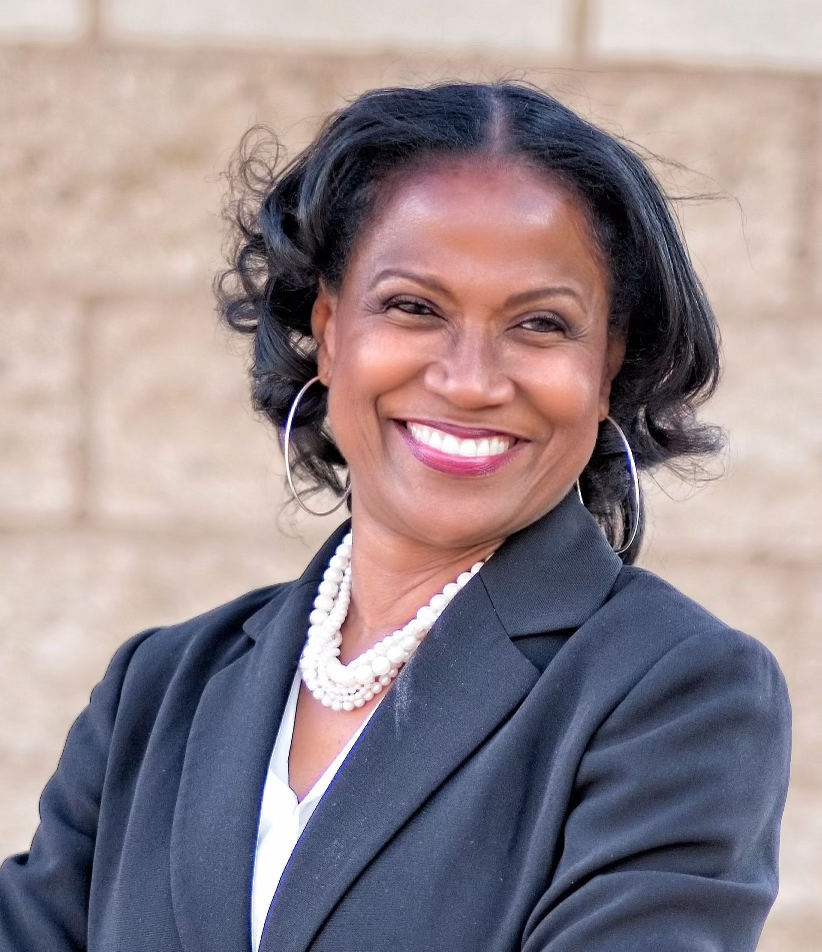
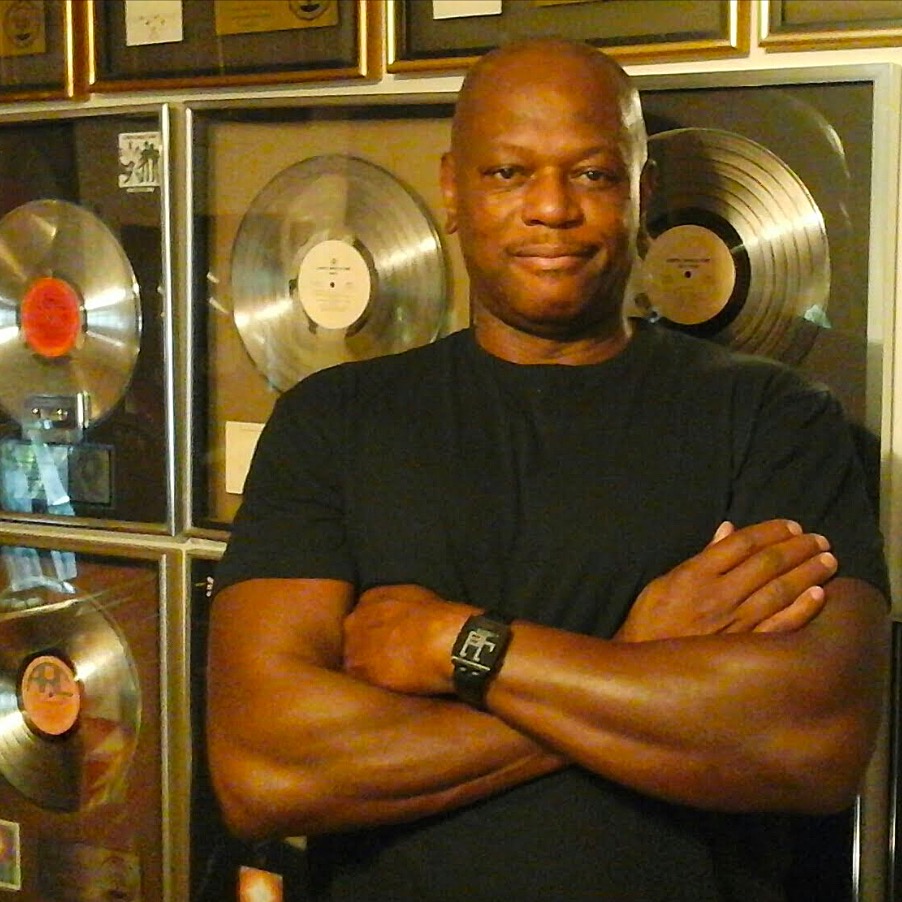
What’s a lesson you had to unlearn and what’s the backstory?
For 30 years in the music industry, I operated on a simple belief: if something isn’t working, you just need more discipline, more effort, more intensity. Push harder. Do more. That’s how you get results.
Then I watched my best friend have a stroke in 2019, despite all his efforts.
That’s when I realized the brutal truth: Working harder without a strategy is just expensive failure.
He wasn’t lazy. My clients weren’t unmotivated. They were making random deposits into their health, working out when convenient and eating well when it was easy, but they had no plan, no comprehensive strategy.
I had to unlearn that discipline alone was the answer. What people actually need is a strategy that makes their discipline count, a system where every effort compounds over time, rather than getting lost in the noise of random attempts.

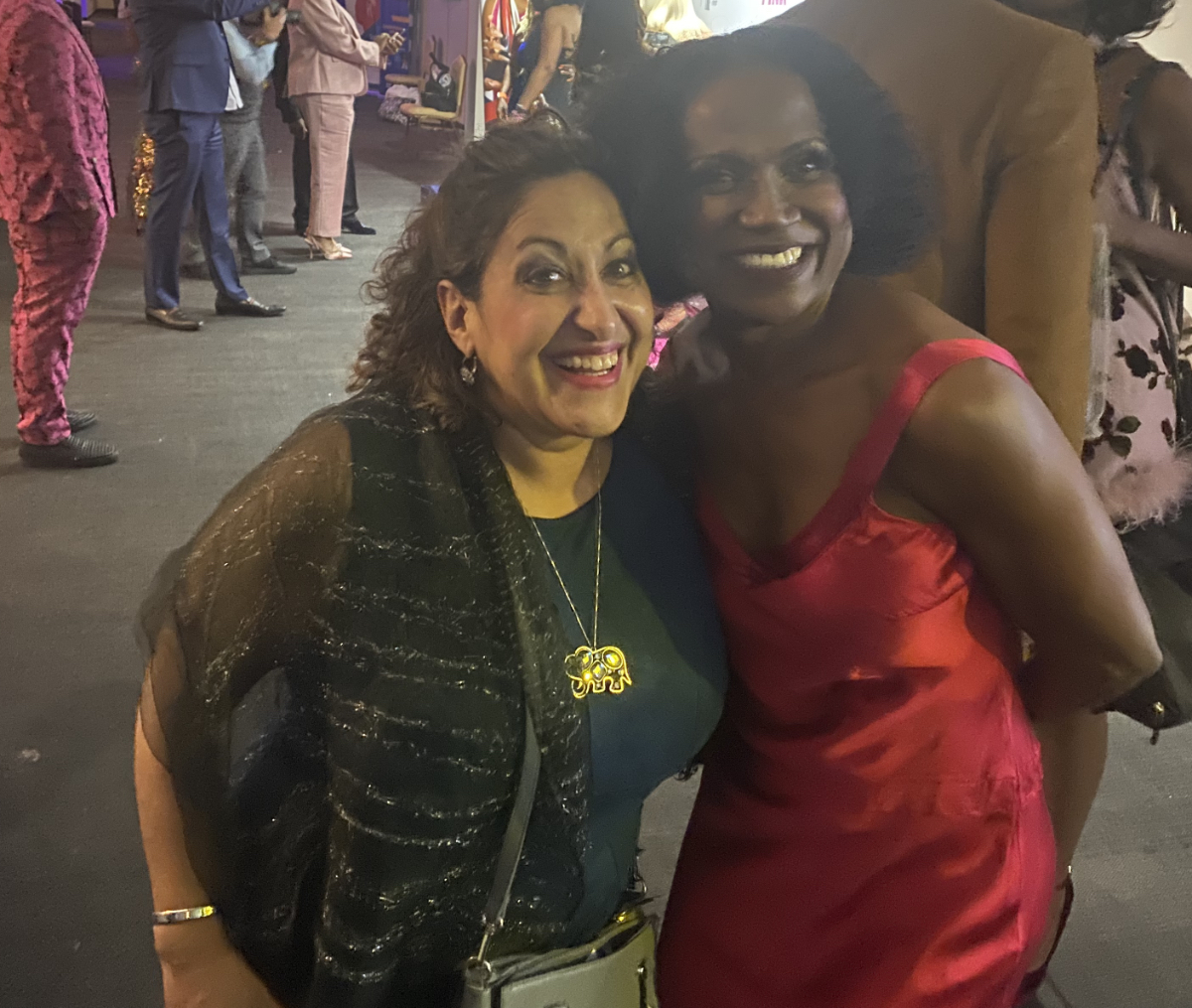
Other than training/knowledge, what do you think is most helpful for succeeding in your field?
The ability to tell people the hard truth they don’t want to hear, without them walking away. Most coaches are afraid to be direct because they think it’ll cost them clients. But the people who need longevity coaching the most are successful, driven adults who are tired of being coddled. They respect straight talk.
Contact Info:
- Website: https://kingdomfitness.fit
- Instagram: @kingdomfitnessageamazingly
- Facebook: https://www.facebook.com/kingdomfitnessageamazingly
- Linkedin: https://www.linkedin.com/in/greg-coakley89149/
